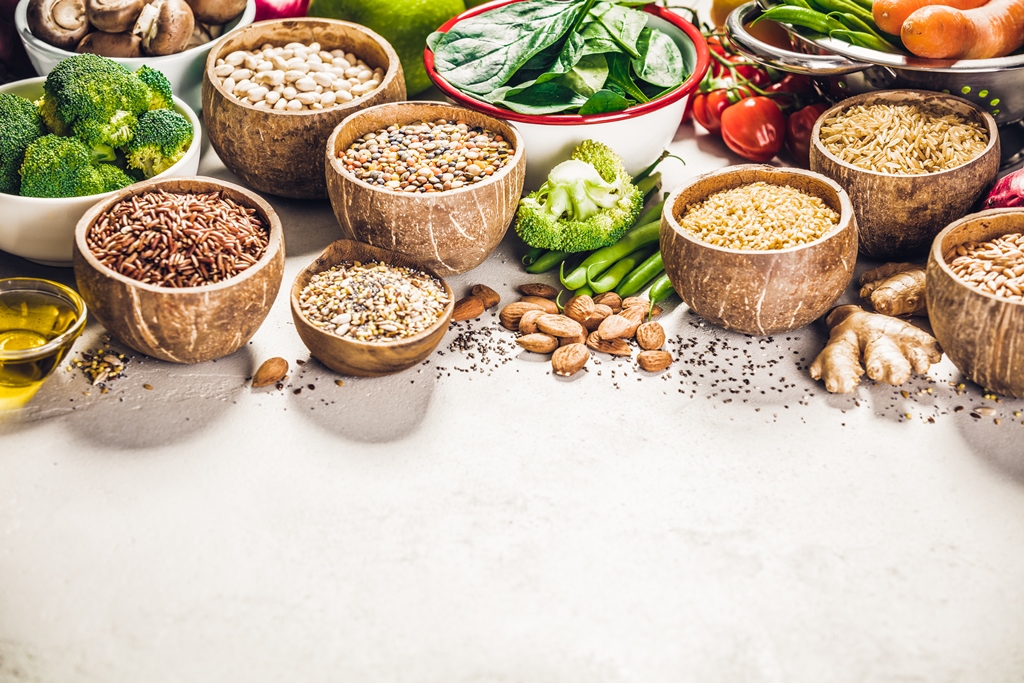It’s common to crave sweets and carbs when you’re feeling low or bored. A poor diet can contribute to symptoms of depression and anxiety. If you’re experiencing symptoms such as irritability, low mood, lack of motivation, and low energy, it may feel challenging to make healthy food choices. However, maintaining a healthy diet is crucial for supporting your mental health.
To manage cravings and avoid emotional eating, try keeping track of what you eat, when you eat, how much you eat, and how hungry you truly are. Over time, this can help you recognize the connection between your mood and your food choices. When you feel the urge to snack, try to distract yourself with activities like going for a walk, taking a long drive with music, reading, surfing the internet, calling a friend, watching a movie, or playing with your pet. If you are genuinely hungry, opt for fruits and nuts, which can satisfy your cravings in a healthier way.
A balanced diet is essential for overall health. Healthy fats have anti-inflammatory effects and can help prevent depression. Whole grains are rich in fiber, and fermented products like yogurt promote the growth of beneficial gut bacteria, positively impacting mental health. Fruits and vegetables, packed with antioxidants, help prevent cell damage. Nuts and seeds are excellent sources of good protein, and water keeps you hydrated, improving alertness and productivity.
The digestion process begins in the mouth, where enzymes in saliva begin to break down starches and fats.
Taste your food and appreciate it. Start each day fresh, learning from your mistakes and experiences. Don’t let emotions control you. Instead, plan a better future with a strong mind and body.




